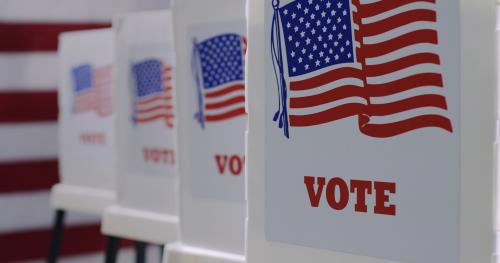2023
Research
BPEA | 1991: MicroeconomicsPatent Expiration, Entry, and Competition in the U.S. Pharmaceutical Industry
Michael D. Whinston,
MDW
Michael D. Whinston
Harvard University and National Bureau of Economic Research
Richard E. Caves, and
REC
Richard E. Caves
Harvard University
Mark A. Hurwitz
MAH
Mark A. Hurwitz
Columbia Law School
MDW
Michael D. Whinston
Harvard University and National Bureau of Economic Research
REC
Richard E. Caves
Harvard University
MAH
Mark A. Hurwitz
Columbia Law School
Microeconomics 1991
THE ETHICAL PHARMACEUTICAL industry is an important one, not so much for its economic size as for the benefits that it delivers to users of its products. The industry has been transformed structurally since the 1940s from a producer of selected chemicals to a research-oriented sector that makes a major contribution to the technology of health care. Its very success in generating a stream of new drugs with important therapeutic benefits has involved the industry in intense public policy debates over the financing of the cost of its research, the veracity of claims for its products, the prices charged for them (not to mention who pays those charges), and the socially optimal degree of patent protection.

